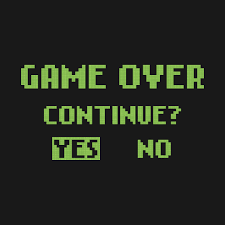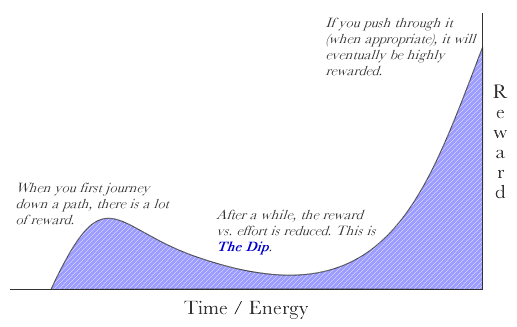6. Momentum
Failing our way forwards
Hi, I'm David and this is my place to talk about what I love most: making video games with my son 13-year-old Luke. Last year we released a Roguelike called Brawlberry. Now we're working on an Irish-themed Survivorlike called Sons of Dagda. This is my place to talk about how this is going and to nerd out on all things games and game dev.
And so, here we are , the first real failure of the project. Our last update was a month or two ago (these posts are backlogged and scheduled). For a while, after each development session, I wrote a quick note on our progress (which became the basis for these posts) and recorded some gameplay footage to accompany it.
But of course, as is my way, life took over, focus shifted elsewhere… and momentum stalled. Damn.
This isn’t an uncommon pattern in my life. Discipline and drive have always been struggles for me—not when it comes to everyday responsibilities though. Work is easy because I need the money, and the people around me keep me accountable. Even maintaining a fitness routine is relatively simple because the immediate feedback makes me feel better. But with a busy family life, too many hobbies to name and a full-time job, creative pursuits, where I’m creating only for myself, are easy to justify pushing aside. Honestly, the only reason I finished my last game was because Luke dragged me along.
For these past few months, I’ve dragged my feet, adding only a few small features, all while Luke has berated and complained about my lack of drive. By now, we should be entering the content creation phase with a 10-minute demo ready for testing. That’s not to say the game hasn’t progressed—far from it. We have a solid 8 minutes of fun. I managed to pull a few productive sessions together, and Luke has been constantly adding pieces (the true MVP).
It is difficult to express how much this affects me; I have a guilt hanging over me of not only not chasing my own dreams, but also letting down my son in our joint venture. Being a bad dad for not doing your hobbies is a weird dynamic, I know, but this is the reality I find myself navigating.
And so in the last few months, we’ve lost faith in the project multiple times, nearly bailed on it more than once, and yet, here we are, pushing forward with renewed energy. I shouldn’t be surprised—Brawlberry followed the exact same pattern. Maybe this is just how games are made?
Somewhere, I heard about “The Dip" when it comes to motivation and so far, it’s rung true in my development cycles. At the start, we’re amped and firing on all cylinders. Then, we lose momentum, sputter and stall, have an existential crisis, and finally, reapply our drive to get back on track and push toward the finish line.
One benefit of this stall is that these updates have been mostly retrospective so far. This blog was meant to reflect on the parent-child dynamic mixed with the hardships of game development. That’s harder to do when writing about something that happened months ago. Now that I have a backlog of articles built up, I’m hoping to focus more on the quality of the reflection in these articles.
Quick Update on the Game’s Current State
The Town
Basic narrative
Basic (and mostly unused) seed combination system
Not fully arted, but improving
Of course, the part I took the most responsibility for is the furthest behind. Once the initial rush of narrative writing was over, it never seemed like the highest priority to continue. The town’s narrative advances based on progress in the outer world, so that’s where we’ve focused most of our efforts so far.
The Outside World
Building
Defenses
Upgrades
Resources
Exploration
Enemy waves / day-night cycle
Special enemies
Several iterations of art, but still needs more variation
The building system is starting to feel like scope creep (a well-earned "told you so" moment for me). However, the core game loop is beginning to take shape, and I can easily see and feel when boredom sets in while playing—mostly during the day cycle. Motivating the player to explore, build, and collect resources is the solution, and it’s all starting to feel possible. Now, it’s all about adding variation and producing content to support the multiple stages of the outside world we envision.
And that’s it for this week. This journey was never going to be a straight line, and life will always take priority over side projects. But I’m proud that even at my lowest points, not making games was never an option.
Check in next week for a special article on the benefits of wasted effort in game development—and why it’s more valuable than you might think.



